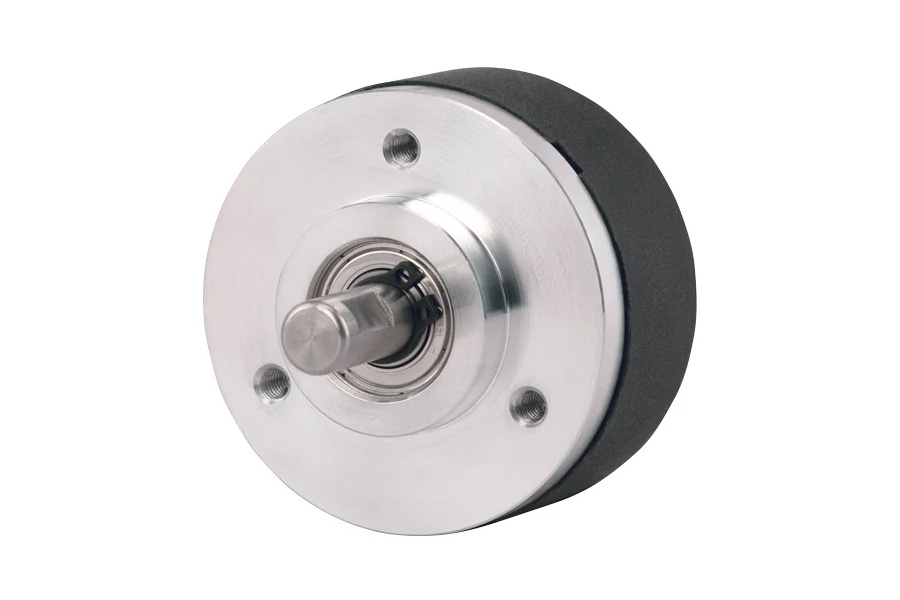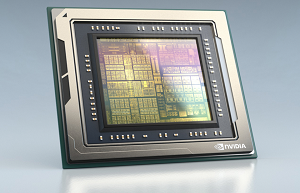A rotating or linear sensor that transforms mechanical motion into electrical pulses is called an incremental encoder. These pulses are produced as the scale or shaft of the encoder moves, and they precisely match small shifts in position. In contrast to absolute encoders, which provide distinct position data for every shaft angle, incremental encoders provide relative position information. This indicates that they use a reference point rather than precise coordinates to track location changes.
The incremental encoders are crucial in today’s motion control and positioning systems. By transforming mechanical rotations into a series of electrical pulses, these electromechanical transducers can provide precise feedback on rotational velocity and angular displacement. Real-time data is crucial to many industrial processes, from the exact positioning of medical imaging equipment to the intricate movements of robotic manipulators in manufacturing.
Giving real-time position and velocity feedback is the main purpose of an incremental encoder in motion control and positioning systems. Closed-loop control, in which a controller compares the intended motion profile with the encoder’s actual position data, depends on this feedback loop. To ensure exact and accurate movement, any disparities are fixed by adjusting the motor’s speed or direction.
Benefits
Cost-effectiveness & simplicity: Compared to absolute encoders, the incremental encoder has a comparatively straightforward design and construction. Because of their reduced manufacturing costs, it is a desirable choice for applications when money is tight.
High accuracy and resolution: Incremental encoder is capable of detecting even the smallest motion or position changes because of its exceptionally high resolutions. They are therefore perfect for uses requiring delicate control and accuracy.
Versatility in applications: Incremental encoders can be used in a wide range of applications, from consumer electronics and medical equipment to industrial automation and robotics, thanks to their capacity to offer speed and position feedback.
Uses for Incremental Encoder
Since incremental encoder is utilized in many different industries where accurate motion detection is crucial, modern engineering has made it indispensable.
Systems for Motion Control
Motor feedback:
To maintain accurate motion profiles and compensate for disturbances, the incremental encoder is a crucial component of closed-loop control.
Servo mechanism:
In robotics, automation, and precision motion platforms, servo mechanisms are essential for accurate positioning and velocity control.
Positioning stages:
In sectors like semiconductor production that demand precise linear motion, they guarantee exact and repeatable movement.






